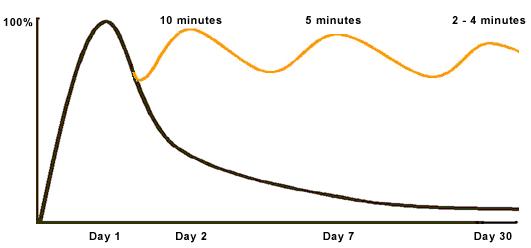- works through, and is driven by, conversation.
- involves exploring and enlarging experience.
- can take place in any setting.
However, there is more - purpose.
In Coombs and Ahmed's view, informal education is:
… the lifelong process by which every individual acquires and accumulates knowledge, skills, attitudes and insights from daily experiences and exposure to the environment – at home, at work, at play: from the example and attitude of families and friends; from travel, reading newspapers and books; or by listening to the radio or viewing films or television. Generally informal education is unorganized, unsystematic and even unintentional at times, yet accounts for the great bulk of any person’s total lifetime learning – including that of a highly ‘schooled’ person. (Coombs and Ahmed 1974: 8)
